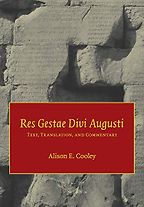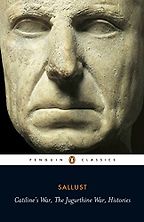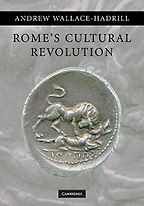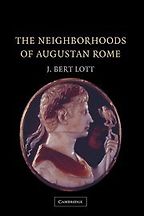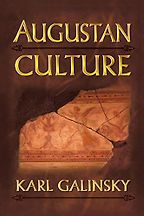Books by Alison Cooley (editor)
Res Gestae Divi Augusti: Text, Translation, and Commentary
by Alison Cooley (editor) & Augustus
"The long list of ‘the achievements of the deified Augustus, by which he made the world subject to the rule of the Roman People, and of the expenses he incurred for the republic and the Roman People’, was composed to be inscribed on bronze and set up on two bronze pillars in front of Augustus’ monumental tomb on the Campus Martius in Rome. We know it from the copy—both in the original Latin and in a Greek translation—that was inscribed on the walls of a temple at Ancyra in the province of Galatia (modern Ankara in Turkey) and discovered and transcribed in the sixteenth century. Obviously, Augustus’ own account is of fundamental importance for understanding his life and times, and Alison Cooley has done a brilliant job both of translation and of historical commentary. A lot of the detail will be more than the general reader needs, but there’s an immense amount of information here"—Peter Wiseman, recommending the best books on Augustus.
Interviews where books by Alison Cooley (editor) were recommended
-

1
Catiline’s War, The Jugurthine War, Histories
Sallust (trans. AJ Woodman) -

2
Res Gestae Divi Augusti: Text, Translation, and Commentary
by Alison Cooley (editor) & Augustus -

3
Rome's Cultural Revolution
by Andrew Wallace-Hadrill -

4
The Neighborhoods of Augustan Rome
by J. Bert Lott -

5
Augustan Culture
by Karl Galinsky
The best books on Augustus, recommended by Peter Wiseman
The best books on Augustus, recommended by Peter Wiseman
Is it possible that Augustus was not the first Roman emperor, but the last of Rome’s great populist champions? That’s what classicist Peter Wiseman argues in his book, The House of Augustus: A Historical Detective Story. Drawing on a lifetime of research and writing on this period, the emeritus professor of classics and ancient history gives a brilliant overview of the Augustan age, and recommends what to read to better understand the adopted son of Julius Caesar, who found Rome in brick and left it in marble.
